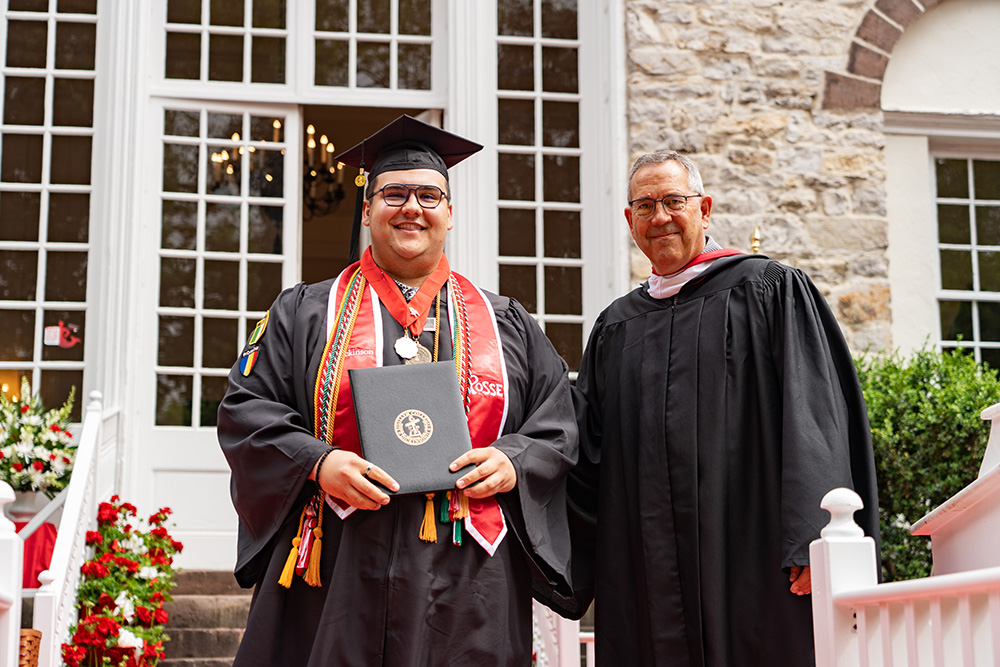
What is a fiduciary? In what ways does a Board of Trustees demonstrate a fiduciary responsibility to the college?
According to the Association of Governing Boards of Universities and Colleges, a trustee of a college or university, “[…] must act in accordance with the fiduciary duties of care, loyalty, and obedience. […] Legally, a fiduciary relationship is one of trust or confidence between parties. A fiduciary is someone who has special responsibilities in connection with the administration, investment, monitoring, and distribution of property—in this case, the charitable or public assets of the institution. These assets include not just the buildings and grounds and endowment, but also intangibles, such as the reputation of the institution and its role in the community. A college or university board member or officer has duties to the institution under the law that a faculty member, a student, or an administrator does not.”
(AGB Board of Directors’ Statement on the Fiduciary Duties of Governing Board Members)
If elected, how long is my term?
Young Alumni Trustees serve one two-year term.
How many board meetings take place per year?
Three, generally running from Thursday evening through Saturday morning. Meetings are typically held in February, May, and October.
How will I get up to speed before my first meeting?
Upon your election, you will receive a notification from the secretary of the college about how to access materials, important dates and other important information. New trustees are also assigned a mentor, an experienced member of the board, to assist the transition process and answer questions along the way. Finally, new trustees attend an orientation session prior to the first meeting. During this time, they meet with key campus leaders to learn more about each division and strategic issues the board considers related to each area.
How much time will I need to prepare prior to committee/board meetings?
You should expect to spend several hours reading materials prior to each meeting.
What if I cannot afford the cost of traveling back to Carlisle, nor the cost of hotel accommodations?
Understanding that travel costs might be prohibitive for recent graduates, the college will pay the fees associated with traveling to and accommodations in Carlisle.
Are the meeting materials and the content of meetings confidential?
Yes. Unless instructed otherwise, all trustees are expected to maintain the absolute confidentiality of content discussed in all meetings as well as all materials distributed prior to and at all meetings.